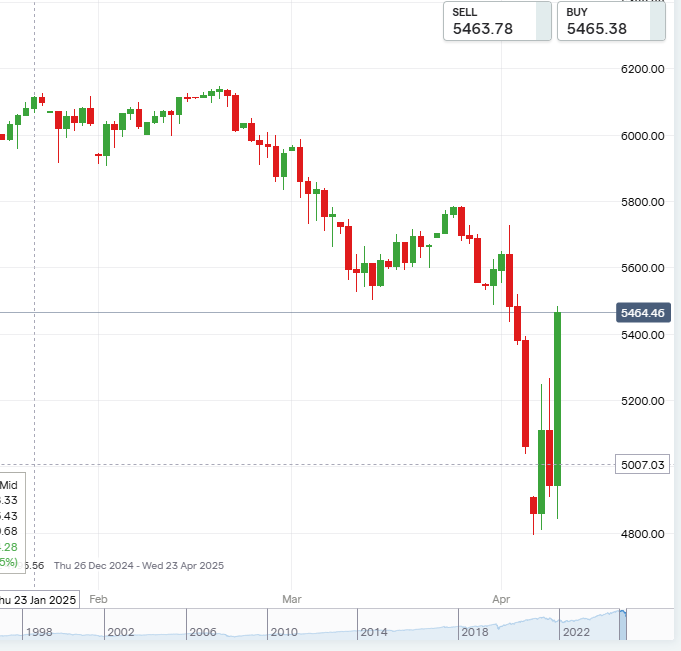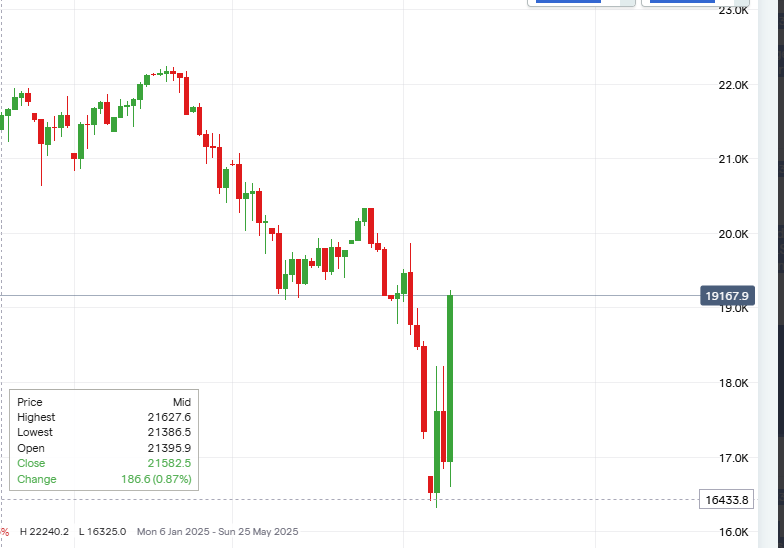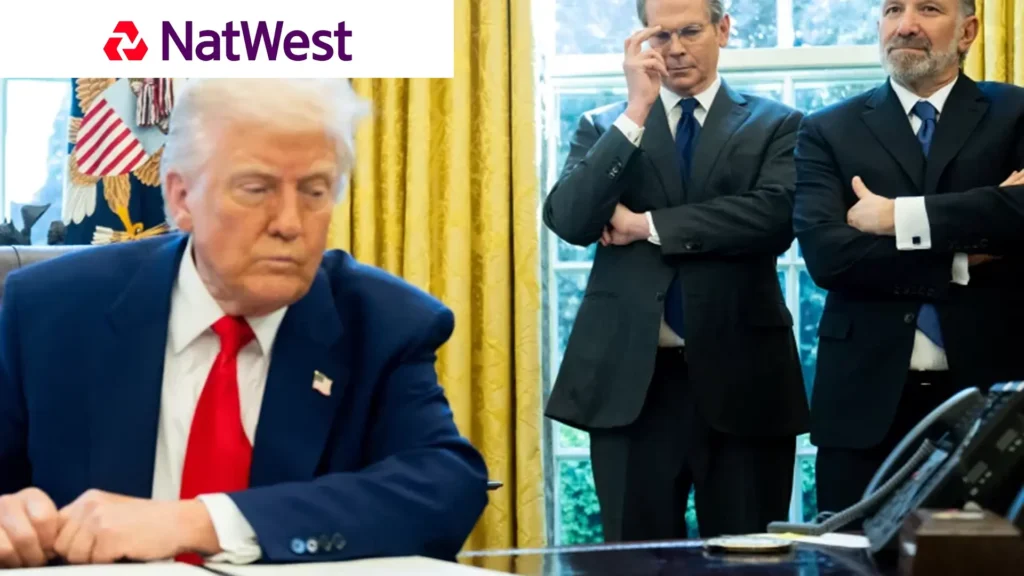Summary of webinar –
NatWest held a webinar covering Trump’s first months in office on 7th April. The event was hosted by Michelle Girard (Head of US for NatWest’s Commercial & Institutional franchise) and below speakers were on the panel:
- Brian Daingerfield: US Head of G10FX Strategy
- Kevin Cummins: Chief US Economist
- Scott Livingstone: International Advisor
The panellists spoke about the future of the American economy, drastically thrown askew by the imposed tariffs.
The hosts mentioned how inflationary pressures and prospects of recession are already materialising. They noted that The Bankrate has proposed a 1 in 3 chance of economic recession in America1.
To add to this, the panel speakers mentioned that the PCE 2increased by 3.5% on a Q4-Q4 basis, an indication that people are paying more for goods and services as prices rise and inflation may ensue.
I believe the validity of the claim by the “Bankrate” lies in current events. the US administration’s addition of a 104% tax on Chinese imports has led to retaliation from China with an 84% rate on US goods. The importance of China to American producers has put into question the stability of USA supply chains since American businesses will lose confidence as the risk of inflation increases. This is due to an excess of demand within the economy where too much money is chasing too few goods (the production of which is bottlenecked by Tariffs placed against China).
Historically, tariffs have followed expansionary fiscal policy3 as part of a broader strategy to stimulate growth in the economy via consumption and business confidence before the introduction of tariffs. In his first term, Trump passed the TCJA, which reduced corporate tax and provided tax relief, both of which attempted to reduce unemployment and increase business investment – the summation of which was rapid short-term growth. After which tariffs were imposed.
However, currently Trump has proposed no tax cuts. With no expansionary fiscal policy to remedy the effects of tariffs on the US economy, economists expect economic growth to slow. Trump pledged to eliminate income taxes for those earning below $150,000 yearly. Such a policy would remove a substantial section of federal revenue (nearly half) – Tariffs will fail to cover this cost, partially due to their fluctuation with volume of trade, price shifts and retaliation from foreign countries. Despite this disconnect, Trump has effectively strengthened his patriotic political narrative, arguing that the government is taxing foreign countries rather than American workers. Neglecting the fact that tariffs end up being paid by American consumers via higher prices.
Market turbulence reflects similar predictions amongst investors. The market turbulence manifests within S&P 500 boards and Nasdaq boards, both of which have experienced record-breaking single-day gains followed by rapid devaluation. This forecasts investor uncertainty about the economic future.


Thus, culminating in overall poor faith in economic welfare within American economy in the coming months.
Definitions and references
- The Bankrate link: https://www.bankrate.com/banking/federal-reserve/economic-indicator-survey/ ↩︎
- PCE: A measure of inflation based on how much consumers pay for goods and services ↩︎
- Expansionary fiscal policy: Tax Cuts ↩︎

